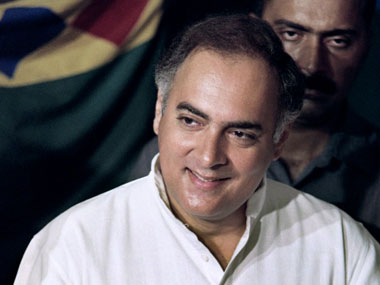New Delhi, Mar 3: A day after two new cases of novel coronavirus that included one from Delhi were reported, the Health Ministry on Tuesday said six cases with "high-viral load" were detected during sample testing in Agra and these people have been kept in isolation. The six people had come in contact with a 45-year-old patient from Delhi, whose case came to light on Monday, and they include his family members.
According to government sources, the man, who is a resident of Mayur Vihar, had visited them in Agra.
The six have been kept in isolation at Safdarjung Hospital in Delhi and their samples are being sent to NIV, Pune for confirmation.
Contact tracing of the people who came in contact with the six is simultaneously being done through the Integrated Disease Surveillance Program (IDSP) network, the ministry said in a statement.
Sources said the patient from Mayur Vihar was shifted to a quarantine ward at Safdarjung Hospital on Sunday night.
His other family members have been asked to stay alert and look out for symptoms. One accountant, who came in contact with the man and some of his family members, was also quarantined, they said.
India on Monday reported two new cases of the novel coronavirus, one from Delhi and another one from Hyderabad. The government has stepped up its efforts to detect and check the infection which has killed 2,912 people in China.
On Monday, Rajasthan Health Minister Raghu Sharma had said that an Italian tourist tested positive for coronavirus in Jaipur.
The first sample collected from him on February 29 tested negative but his condition deteriorated, so a second sample was collected which tested positive on Monday, the minister said, adding, "Since there is a variation in the reports, the samples have been sent to the NIV, Pune for testing".
India had earlier reported three cases from Kerala, including two medical students from Wuhan in China, the epicentre of the deadly novel coronavirus. They had self-reported on their return to the country and tested positive for the infection. They were discharged from hospitals last month following recovery.
The infected person from Delhi had travelled to Italy, while the other patient who tested positive for the COVID-19 infection is from Telangana and had recently travelled to Dubai.
Both the patients had self-reported after they developed symptoms.
"They tested positive. They are stable and being closely monitored," ministry said on Monday.
The government has asked people to avoid non-essential travel to Iran, Italy, South Korea and Singapore and said India was in discussions with authorities in Iran and Italy, two countries badly affected by the infection, to evacuate Indians there.
The novel coronavirus or COVID-19, which originated in China, has spread to over 60 countries.
 New Delhi, Apr 25: The Supreme Court Friday referred to a constitution bench the question whether the government can release a life term convict whose death sentence has been converted into life imprisonment and said that the seven conspirators in Rajiv Gandhi assassination case will not be released for now.
New Delhi, Apr 25: The Supreme Court Friday referred to a constitution bench the question whether the government can release a life term convict whose death sentence has been converted into life imprisonment and said that the seven conspirators in Rajiv Gandhi assassination case will not be released for now.




Comments
I am really enjoying the theme/design of your web
site. Do you ever run into any browser compatibility issues?
A few of my blog audience have complained about my blog not working correctly in Explorer but looks great in Firefox.
Do you have any suggestions to help fix this issue?
My website; free events: http://iphoneways.com
What's upp to all, the contents preesent aat this web
site are genuinely aweome forr people knowledge, well, keep up
the nice work fellows.
my page :: Clifton: https://geo-news-live-tv.blogspot.com/
Woah! I'm really enjoying the template/theme of this blog.
It's simple, yet effective. A lot of times it's hard to get that
\perfect balance\" between user friendliness and appearance.
I must say you have done a awesome job with this.
In addition, the blog loads super fast for me on Firefox.
Outstanding Blog!
Feel free to surf to my page - crack seo tools: http://manuelasolano4.unblog.fr/2015/12/27/suggestions-to-expand-your-s…"
Add new comment